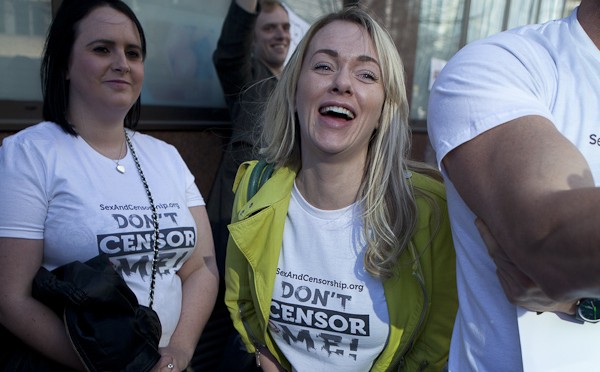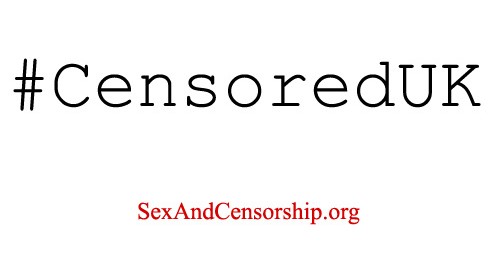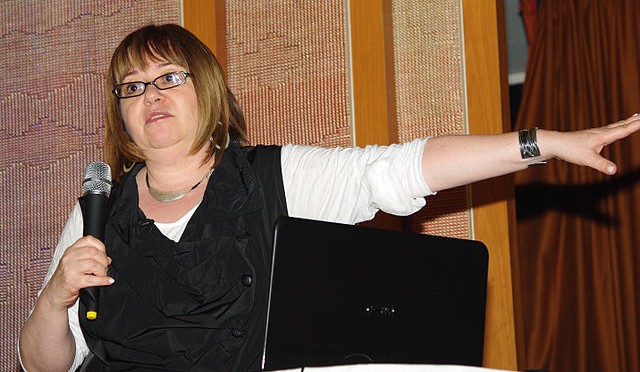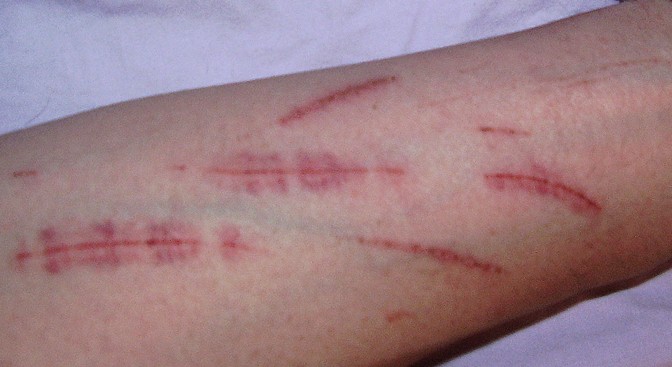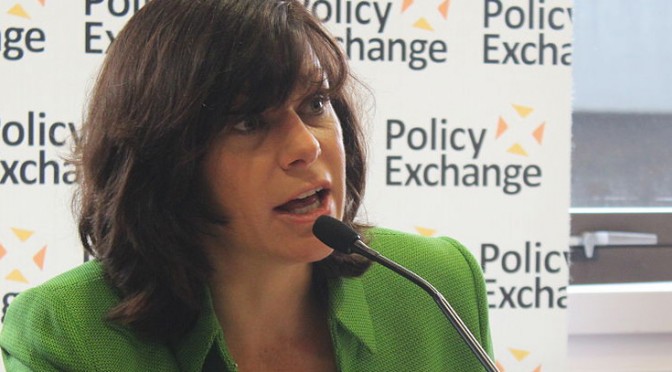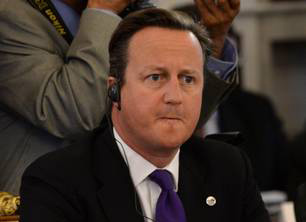The morality group Object has long campaigned against striptease as well as other forms of sexual expression. Although they claim to be a “women’s rights” organisation, they show notable disdain – even at times, hate – towards the women in the sex industries. Object show no apparent interest in listening to the “poor, abused women” that they claim they are saving from exploitation.
This week, Object founder Anna van Heeswijk published a Guardian article listing five reasons why the strip industry must be attacked using further legislation. In response Vera Rodriguez, a Spanish stripper working in London, wrote the following letter.
Lapdancing clubs need to listen to the voices of the dancers. Here is why:
A response to Ms Heeswick letter, from a dancer’s perspective. Your ‘5 reasons’ easily refuted and more.
Dear Ms Heeswick, after reading your article published yesterday, I would like to answer to each of your reasons…
1. Lap dancing clubs market women as sexual objects for male gratification
Let me question your affirmation, Do lap dancing clubs market women as sexual objects for male gratification?
My answer is NO, in big capital letters. If so, how can an object dance with high heels and do pole dancing tricks? Behind every action of every worker there is a human being taking decisions for themselves. If somebody makes us “objects” is obviously your organization.
Dancers we are entertainers and so far, all workers work for money and that is what we do, entertainment for an audience that pays for our bills.
I also have to make a point to your state. The presence of strip clubs does definitely not increase the demand for “prostitution” but it offers a complete different service. I assume that you take prostitution –that I will call ‘sex work’ as something ‘lower’ than stripping but as a stripper I will not compare to others workers in a way that creates a hierarchy.
2. Women who work in lap dancing are routinely subjected to harassment, exploitation and the expectation of sexual services
Let me question your honesty about the definition “Object” as a human rights organization. To me, it is pure demagogy as it is only trying to make us -the female workers- more vulnerable. If more strip clubs disappear in these hard times of recession and less chances to get other jobs, do you think that is real feminism? As you thought you know what is best for us, let me also advice you to put your energy and your dubious anger in creating more jobs for women, not trying to take away jobs that we decided to do. We are thousands of mothers, migrants, students, fighters, activists and so on, as every one of us has a story to tell. I cant help but laugh sourly at your research with 14 years in the industry at my back.
Real feminism should defend women’s choices. It is not about privileged women eager for some kind of leadership thinking that they know what is best for the rest of us.
Yes, it is true that we have to pay house fees which, increased dramatically after the so called “feminists” like you pushed for a tough legislation that is not even enough for you now. That made us work in what is called now “sexual entertainment venues” and increased dramatically the price of licensing that clubs have to pay. Thanks for making my life –and other women’s life tougher, feminists!
To finish with this point, I will highlight that you try to prove your perspective with what you describe as ‘one woman’ that she felt it was the hardest job that she ever did. I could name hundreds of women that we are still in the industry by choice but as you only mention one, to mention myself is more than enough. Still, I will mention some collectives that support my statement.
3. Lap dancing clubs create a threatening environment for women and girls who live in the areas around the clubs
You support your answer again referring to “one woman that told Object” Can I meet her? Where is she? In which area does she live? Because in my whole career I have generally worked in places that are much more discreet than any other “normal pub” can be. Again, Ms van Heeswijk, why don’t you give more evidence? Is it because you truly lack of knowledge?
4. Councils can still operate under legislation that equates lap dancing clubs with restaurants and karaoke bars
I don’t question your question here when you say that councils can still operate under legislation that equals lap dancing clubs with restaurants and karaoke bars. I just want to ask you why are you so offended? Is it not a karaoke bar a place where people perform which is what I do in my shifts? As long as it is adult consent, which happens to be the case, I don’t think I need to ask permission to work in any neighbor hood, sorry. Can you name where the strip clubs are, Ms van Heeswijk? Sorry to question what I doubt. I have worked in places where even the neighbor hood did not notice that there was a stripping venue. This licensing requirement is only making our lives harder. Do you really want to ‘help’ strippers? Ok, help me to remove our house fees by not asking a special license.
5. Bars and pubs can get around the licensing regime by holding sexual entertainment events on an ‘occasional basis’
On your last ‘reason’ you assert that Bars and Pubs can get around the licensing regime by holding entertainment events on occasional basis. Let me ask you again why does it bother you so much that event workers work on event occasions? Why to make it more difficult to both organizers and dancers that we agree to work? Why not focus on protecting our rights as workers? Why don’t you fight stigma with us instead of us being your target?
Please Ms Van Heeswijk, other members of Object as certain kind of feminism, don’t be patronizing with other women. Start including sex workers and trans women in your out of date discourses. If you don’t agree with my decisions I simply do not care. But if you try to make my job even harder than it is, this letter will only be the beginning.
Signed: An angry stripper and…

